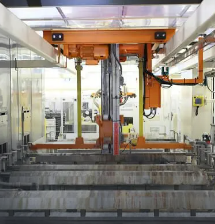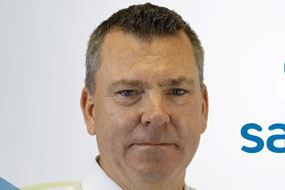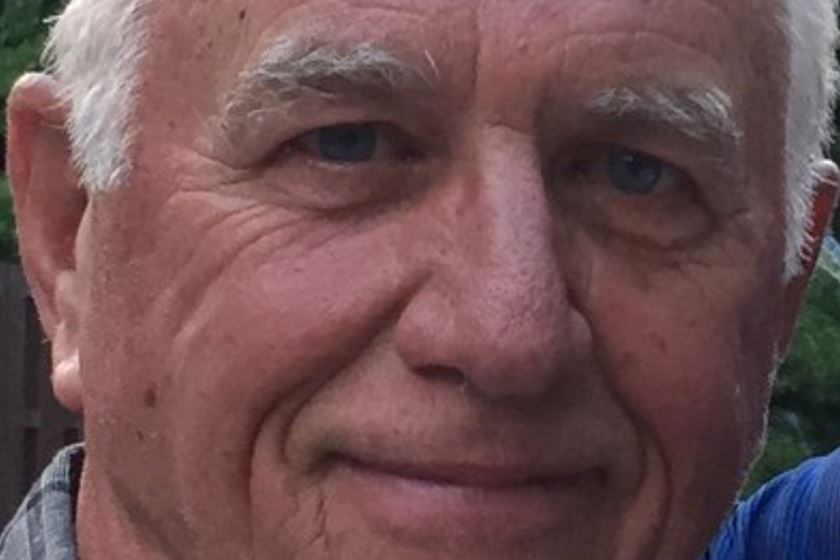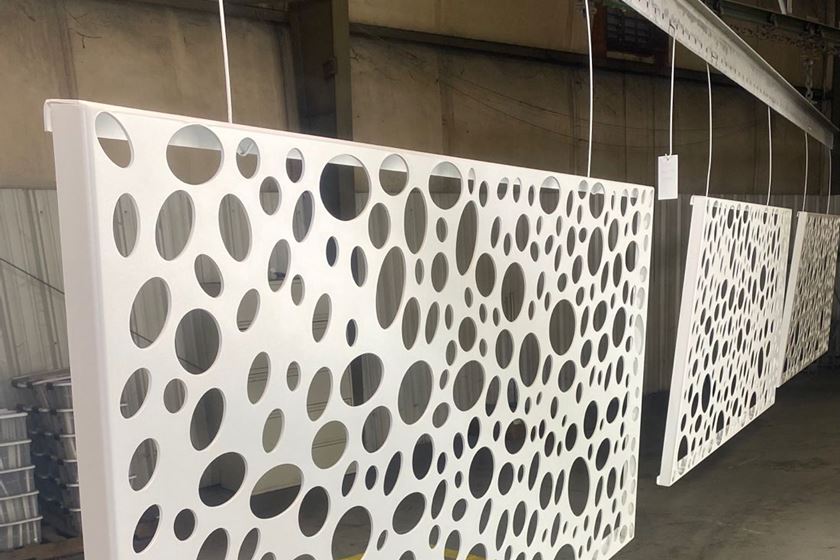CARB Issues Revised Deadlines for Hexavalent Chromium Transition
NASF offers an update on the latest developments with the California Air Resources Board proposed rules for hex chrome phase-out.
#nasf #regulation
The California Air Resources Board (CARB) has issued its draft proposed regulatory language and held its Technical Working Group Meeting #5 in late May regarding its new rulemaking to transition hexavalent chromium plating to trivalent chromium. CARB indicated that it is now looking at the following deadlines for transitioning to trivalent chromium:
- July 1, 2024 for decorative chromium plating,
- July 1, 2028 for functional chromium plating, and
- July 3, 2033 for chromic acid anodizing
NASF, its members and expert industry representatives have voiced multiple concerns with the rule, including:
- CARB’s regulatory deadlines are very aggressive and unrealistic;
- the proposed rule is technologically and economically infeasible;
- the market does not accept trivalent chromium for many applications;
- efforts are misdirected in focusing on eliminating hexavalent chromium emissions from an industry that represents less than one percent of total hexavalent chromium emissions;
- substantial adverse impacts on defense and aerospace applications; and
- the potential devastating economic impact on the plating industry in California as well as critical supply chains and the economy in California more broadly.
At this time CARB is not looking at any other requirements for any other type of hexavalent chromium processes, but may look at these processes at a later date. CARB officials indicated that they welcome comments on the draft regulatory language for the rule, particularly on the issues that NASF and industry representatives have raised concerns. The schedule for completing the rule has been extended approximately six months with a final rule planned for mid-2022.
NASF California Chapters in the meantime continue a major letter-writing campaign to CARB members, state legislators, and customers regarding the significant negative impact this rule will have on surface finishing in California and the California economy. In addition, NASF is also reaching out to customers in several key supply chains, including defense, aerospace and automotive, to support the industry’s efforts on this rule.
NASF and its California Chapters will also continue working with state officials and industry partners to develop a rule that is protective of human health and the environment and is technologically feasible and economically sustainable. For more information on this rulemaking, please contact Jeff Hannapel with NASF at jhannapel@thepolicygroup.com.
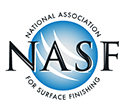
This update is courtesy of the National Association for Surface Finishing (NASF). For more information or to become a member, visit nasf.org.
RELATED CONTENT
-
A Process for Alkaline Non-cyanide Silver Plating for Direct Plating on Copper, Copper Alloys and Nickel Without a Silver Strike Bath
Traditionally, silver is electroplated in toxic, cyanide-based chemistry. Due to cyanide’s extreme hazard to human health and environments, developing non-cyanide silver chemistry is essential for the silver electroplating industry. Discussed here is an aqueous, alkaline non-cyanide silver plating technology, which can be directly plated over nickel as well as copper and its alloys. The silver deposits have perfect white color and better anti-tarnishing properties than other non-cyanide silver processes. The silver is plated entirely from the dissolving silver anode and the bath is very stable, and maintains a stable pH level both during plating and idle time. This new non-cyanide silver technology will plate bright silver that is perfectly suitable for electronic, industrial and decorative applications. .
-
Development of a Sustainability Metrics System and a Technical Solution Method for Sustainable Metal Finishing: AESF Research Project #R-121, 6th Quarterly Report
The NASF Research Board has funded a research grant at Wayne State University on sustainability in the surface finishing industry, under the direction of Professor Yinlun Huang. The objective of the work is to create a surface-finishing-specific sustainability metrics system to measure economic, environmental and social sustainability. In this report, a benchmarking study of five plants was undertaken to illustrate how the sustainability assessment works.
-
Federal Courts Stay Implementation of OSHA COVID-19 Rules
In response to a backlash of litigation, multiple federal courts have blocked implementation of OSHA and other new vaccine mandates for general industry, the healthcare industry and federal contractors.












